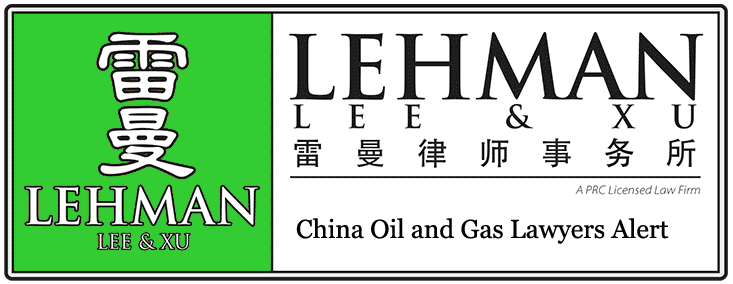The 5,200 kilometer (km) project will include one artery, six branch lines, three gas storage facilities and a liquefied natural gas (LNG) terminal, the source said, adding that the pipeline will run from the Xinjiang Uygur autonomous region to the city of Fuzhou in Fujian province.
Work on pipelines four and five will be initiated sometime after 2015. Each pipeline will have an annual transmission capacity of about 30bcm and support the supply of gas to the country's industrialized coastal regions, the source said.
Turkmenistan, Uzbekistan, and Kazakhstan will be the major sources of supply for all the planned pipelines.
Figures released by the National Development and Reform Commission (NDRC) on Wednesday show that Chinese imports of natural gas rose 86.5 percent year-on-year to about 25 bcm, of which 12.3 bcm came from Central Asia and the remainder was tanker-transported LNG.
The third pipeline will be part of an overall project for the transportation of natural gas between the west and east of the country. The project was officially approved by the State Council in 2000 and is aimed at propelling economic growth in the west and bolstering gas supplies in the booming east.
The project is operated by PetroChina Co Ltd, the listed arm of the country's biggest energy conglomerate, China National Petroleum Corporation.
The first phase of the project - which has a total length of 4,200 km and connects Xinjiang and the financial center of Shanghai - became operational in October 2004 with 12 bcm of designed transmission capability annually. In 2008, construction started on the 8,704 km second phase, which has an annual transmission capacity of 30 bcm.
Earlier this year, Xinhua News Agency quoted Liao Yongyuan, PetroChina's vice-president, as saying that the second pipeline will be put into operation in June 2012.
Liao added that the third line will provide additional supplies of natural gas to the eastern costal regions to ease shortages during seasonal peaks. The pipeline will also improve supply flexibility for the entire project.
Demand for natural gas has soared in China over recent years, partly because of the fuel's relatively low price when compared with oil, but also as the government pushes to replace dirty fossil fuels with cleaner energies to lower emissions.
The nation's "apparent" consumption of natural gas - including domestic production and imports, but excluding exports - hit 104.1 bcm between January and October, a rise of 20.4 percent year-on-year, according to the NDRC.
Natural gas consumption rose to 109 bcm in 2010 from 40 bcm in 2004 as China overtook Japan to become the biggest consumer in Asia, according to Bradley Way, head of Asia Energy of BNP Paribas SA.
As such, China has accelerated pipeline construction to meet demand. The total pipeline length is expected to double to 140,000 km by 2015, more than half of which will transport gas, said Kou Zhong, deputy director of the Pipeline Engineering Department at the PetroChina Planning and Engineering Institute.
CNPC will eventually operate more than 70 percent of the pipelines, Kou said.
Web link: http://www.chinadaily.com.cn/bizchina/2011-11/17/content_14110853.htm
|

